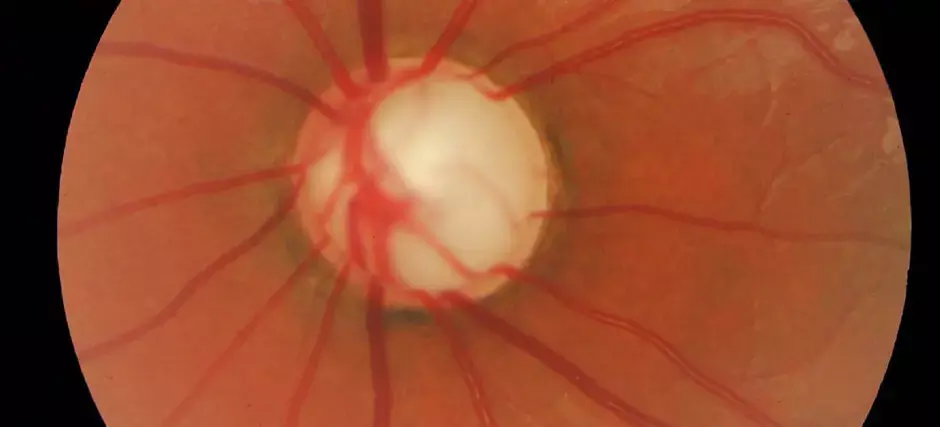- Home
- Medical news & Guidelines
- Anesthesiology
- Cardiology and CTVS
- Critical Care
- Dentistry
- Dermatology
- Diabetes and Endocrinology
- ENT
- Gastroenterology
- Medicine
- Nephrology
- Neurology
- Obstretics-Gynaecology
- Oncology
- Ophthalmology
- Orthopaedics
- Pediatrics-Neonatology
- Psychiatry
- Pulmonology
- Radiology
- Surgery
- Urology
- Laboratory Medicine
- Diet
- Nursing
- Paramedical
- Physiotherapy
- Health news
- Fact Check
- Bone Health Fact Check
- Brain Health Fact Check
- Cancer Related Fact Check
- Child Care Fact Check
- Dental and oral health fact check
- Diabetes and metabolic health fact check
- Diet and Nutrition Fact Check
- Eye and ENT Care Fact Check
- Fitness fact check
- Gut health fact check
- Heart health fact check
- Kidney health fact check
- Medical education fact check
- Men's health fact check
- Respiratory fact check
- Skin and hair care fact check
- Vaccine and Immunization fact check
- Women's health fact check
- AYUSH
- State News
- Andaman and Nicobar Islands
- Andhra Pradesh
- Arunachal Pradesh
- Assam
- Bihar
- Chandigarh
- Chattisgarh
- Dadra and Nagar Haveli
- Daman and Diu
- Delhi
- Goa
- Gujarat
- Haryana
- Himachal Pradesh
- Jammu & Kashmir
- Jharkhand
- Karnataka
- Kerala
- Ladakh
- Lakshadweep
- Madhya Pradesh
- Maharashtra
- Manipur
- Meghalaya
- Mizoram
- Nagaland
- Odisha
- Puducherry
- Punjab
- Rajasthan
- Sikkim
- Tamil Nadu
- Telangana
- Tripura
- Uttar Pradesh
- Uttrakhand
- West Bengal
- Medical Education
- Industry
Rebound tonometry emerging technique for assessing reliability of IOP measurements: Study

USA: In three prospective trials, the iCare rebound tonometer exhibited considerably reduced test-retest variability than Goldmann tonometry, as well as strong interoperator and inter-device repeatability, demonstrating its use in tracking intraocular pressure (IOP) changes over time. The lower measurement variability and good interoperator and inter-device reproducibility of rebound tonometry (RT) suggest that it can characterize IOP changes over time more robustly than Goldmann tonometry, assisting clinicians in assessing the efficacy of glaucoma therapy and the consistency of IOP control.
Tony Realini and the team conducted this study with the goal of defining intraoperator, inter-operator, and inter-device dependability of IOP measurements using rebound tonometry (RT, ic100). The findings of this study were published in the Journal of Glaucoma, in the month of August 2021.
At the West Virginia University Eye Institute, three prospective cross-sectional investigations were undertaken on a diverse sample of adult patients with established glaucoma, probable glaucoma, or no glaucoma. Participants in Study 1 had 5 RT measures taken in one randomly selected eye and 5 Goldmann tonometry measurements taken in the other eye by 1 operator, with intraoperator variability evaluated using the F test. In study 2, three operators in randomized operator order each collected three RT measurements from subjects. In trial 3, a single operator took three measurements, each with three RTs, in randomized device order. Intra-class correlation coefficients were used to measure between-operator and between-device reproducibility (ICCs).
In all, 28, 19, and 25 subjects participated in the three investigations. Within-subject variation in RT measures was 0.757 and 2.471 in Goldmann measurements. The interoperability of RT measurements was good in both eyes. The inter-device repeatability of RT measurements was close to excellent.
In conclusion, with the observed positive outcomes of this above study, this technique can be pushed forward to regular use, making it easier to assess glaucoma.
Reference:
Realini, Tony MD, MPH*; McMillan, Brian MD*; Gross, Ronald L. MD†; Devience, Eva MD‡; Balasubramani, Goundappa K. PhD§ Assessing the Reliability of Intraocular Pressure Measurements Using Rebound Tonometry, Journal of Glaucoma: August 2021 - Volume 30 - Issue 8 - p 629-633 doi: 10.1097/IJG.0000000000001892
Medical Dialogues consists of a team of passionate medical/scientific writers, led by doctors and healthcare researchers. Our team efforts to bring you updated and timely news about the important happenings of the medical and healthcare sector. Our editorial team can be reached at editorial@medicaldialogues.in.
Dr Kamal Kant Kohli-MBBS, DTCD- a chest specialist with more than 30 years of practice and a flair for writing clinical articles, Dr Kamal Kant Kohli joined Medical Dialogues as a Chief Editor of Medical News. Besides writing articles, as an editor, he proofreads and verifies all the medical content published on Medical Dialogues including those coming from journals, studies,medical conferences,guidelines etc. Email: drkohli@medicaldialogues.in. Contact no. 011-43720751


